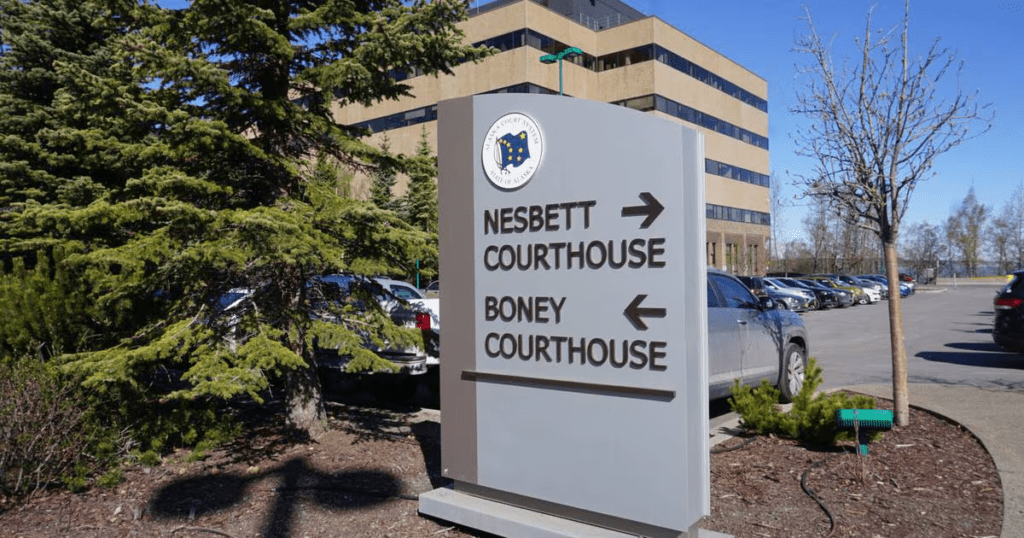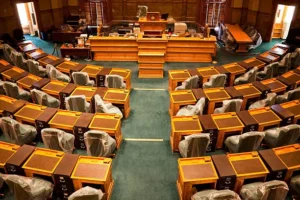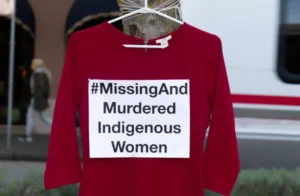By the end of the month, an Anchorage Superior Court judge will decide whether to uphold a substantial fine imposed by Alaska’s campaign finance regulators on supporters of a petition aimed at reversing the state’s election laws. The Alaska Public Offices Commission, which oversees campaign finance regulation, fined the petition backers over $90,000, concluding they had illegally funneled money through a church in Washington state.
The supporters appealed the decision in Anchorage Superior Court. At the same time, opponents of the petition cross-appealed, arguing that the fine was too lenient and that additional penalties should have been imposed. This led to a complex Goldilocks-like oral argument on Friday, where attorneys asked Judge Laura Hartz to determine whether the fine was excessive, insufficient, or appropriate and whether further action was necessary.
At the end of the hearing, Hartz stated she plans to issue a decision by June 21, although it might not come until the following Monday. This timeline would allow the Alaska Supreme Court to consider the issue before the November election when voters decide whether to maintain or repeal the election system established by the 2020 ballot measure.
The current system groups all candidates for a given office into an open primary in August, with the top four candidates moving on to a ranked-choice election in November. Additionally, it requires political groups to reveal the “true source” of the funds they donate to candidates. Former attorney general Kevin Clarkson represents the repeal initiative’s supporters, including Alaskans for Honest Elections, the Ranked Choice Association, Arthur Mathias, and Wellspring Ministries.
In his written and verbal arguments, Clarkson asserted that the state law prohibiting campaign contributions in another person’s name does not apply to ballot initiatives. Therefore, no fine should be imposed. If the court deems the law applicable, he contended, the First Amendment would prevent any law from prohibiting someone from donating to a political cause under another person’s name. “Ballot petition circulation constitutes core political speech,” Clarkson wrote briefly, supporting his case. He also claimed that campaign regulators erred when they fined Mathias, alleging they penalized him twice.
Attorney Samuel Gottstein, representing Alaskans for Better Elections, argued against the repeal initiative in court. Alaskans for Better Elections also spearheaded the successful 2020 ballot initiative, establishing the current election system. “It’s crucial to state that there is no constitutional right to unlimited anonymous or fictitious contributions to organizations supporting ballot initiatives,” he emphasized during his arguments on Friday.
Regulators should have implemented a “stacking penalty” by increasing the maximum allowable fine before applying a reduction for inexperienced individuals who violate campaign finance laws. The Department of Law, representing the Alaska Public Offices Commission, argued that the imposed fine should remain and that the law prohibiting donations under another name should extend to ballot initiatives. Attorney Kate Demarest, representing the state, urged Judge Hartz to uphold the commission’s actions as stated.








